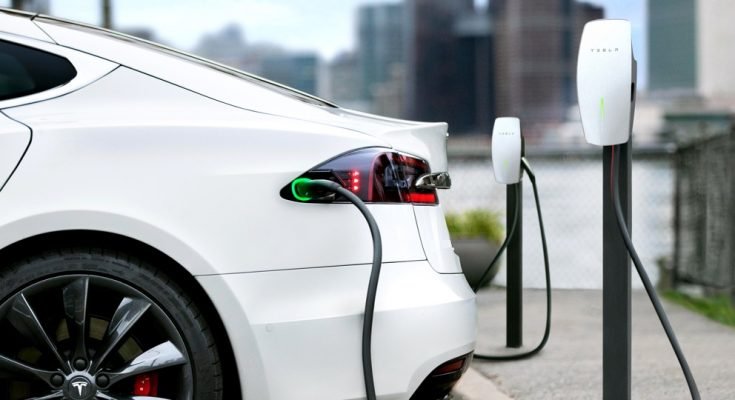If you’re about to purchase an electric vehicle, you’ll need to consider a variety of factors. One of the most important is what type of charger to get for your new car. For example, do you want a fast Ev Chargers Australia that can give your battery a full charge in 20 minutes? Or do you want a slow charger that takes up less space and costs less? This article will help you decide which type of charging station makes the best sense for your needs.
Type of EV Charger
If you are an EV owner, you’ve probably wondered about the different types of Ev Chargers Australia. There are three main types:
- Level 1: 120-volt outlet
- Level 2: 240-volt outlet (commonly called a “portable charging station”)
- DC Fast Charging Station (also known as Direct Current Fast Charging or DCFC)

Location
EV chargers are not always located in convenient places, which is why you should know what factors can make or break the convenience of your charger.
- Location: Where is the charger located? Is it close to home, work, or other places where you spend time? Also, take into account whether the location has other EV users who might be able to help out if there’s an issue with getting a charge at a public station.
- Proximity: How far away is this charger from other chargers and EVs that can give you a boost when needed? The more options nearby, the better!
Cost
Cost is the first factor to consider when choosing an Ev Chargers Australia. The cost of the charger itself is not only important but also how much it will cost you to use it. If you are paying for electricity at home and don’t have a solar panel, then the cost of charging will be different than if you use solar panels, which can be cheaper.
Costs can also vary depending on where you live and what kind of house or apartment complex you live in. In some places there may be regulations that limit what type of electric vehicle equipment can be installed at home, which affects installation costs as well as potential maintenance costs (for example if there are government regulations concerning air quality).
The size and complexity of your installation will also affect its price tag; smaller installations tend to cost less than more involved projects with more components such as chargers with multiple plugs or Wi-Fi capabilities.
Type Of Power Outlet
The type of power outlet that an EV charger plugs into can have a big effect on its performance. This is especially true for DC chargers, which use a high current to charge EVs quickly. A standard 110-volt household outlet has a maximum power output of about 15 amps, but you can use extension cords to connect multiple devices and increase the total amount of electricity flowing from the outlet. It’s not advisable to use extension cords with DC fast chargers, however—they’re designed to deliver current directly from an AC power source instead of through an intermediary cord.
Time To Fully Charge The Battery
The time to fully charge the battery depends on the type of EV charger and power outlet you’re using. In some cases, it can take as little as two hours to fully charge an electric car’s battery. In other cases, it can take up to four hours—and those are just rough estimates!
The location of your EV charger is also a major factor that affects how long it takes for your car’s battery to charge. If there’s too much distance between your vehicle and the nearest power source, you’re going to need more time than normal in order for everything to work properly. This is why many operators want their customers’ vehicles parked right next door when they use their services; if possible, they’d rather see people come back after twenty minutes than after an hour or more!
While some people may be able to live without their smartphone or social media accounts for a few days, that’s not the case with electric vehicles (EVs). Although EVs can be plugged in overnight and charged during off-peak hours when electricity is cheaper, there are still potential issues associated with charging an EV at home or at work. Here are five important factors that can affect how long it takes your vehicle to charge:
Conclusion
There are many other factors to consider when choosing an EV charger. The most important thing is to choose the one that best fits your needs and lifestyle. Hope you found the above blog useful for choosing the right fit of EV chargers Australia according to your needs.

